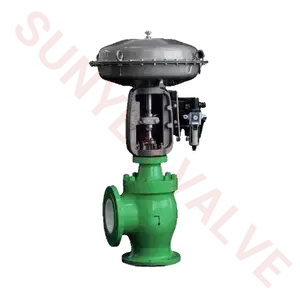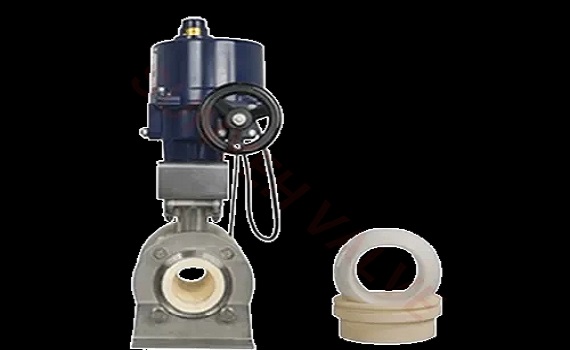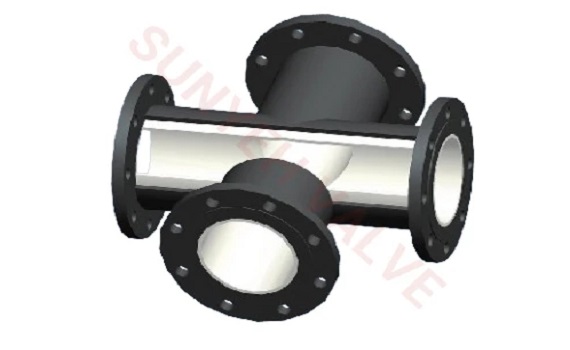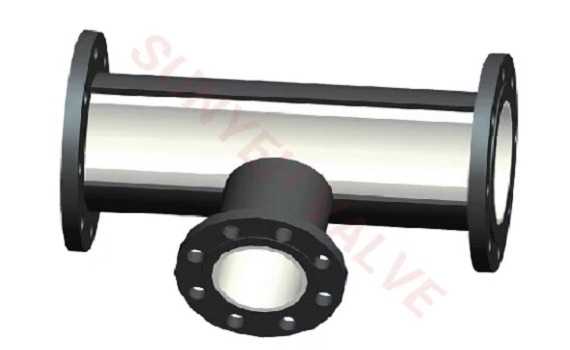English
-
Products
- Company
-
Solutions
- Chlor-Alkali Industry
- Poly-Silicon Industry
- Black Water & Ash Water System
- Coal Gasification System
- Fine Chemical Industry
- Vehicle, Ship and Weapon Manufacturing Industry
- Paper & Pulp Industry
- TiO2 Industry
- Refining and Petroleum Industry
- Metallurgy Industry
- Soda Ash Industry
- Pharmaceutical, Food and Beverage Industry
- Steel Industry
- Power Industry
- Services
- Resources
- Contact Us
 English
English 




